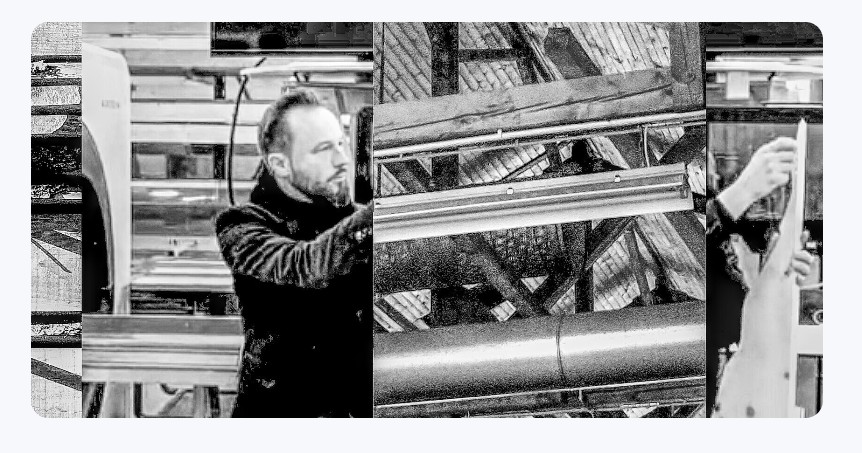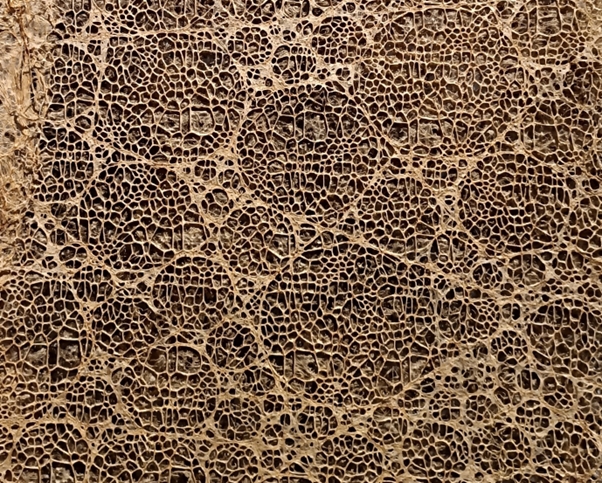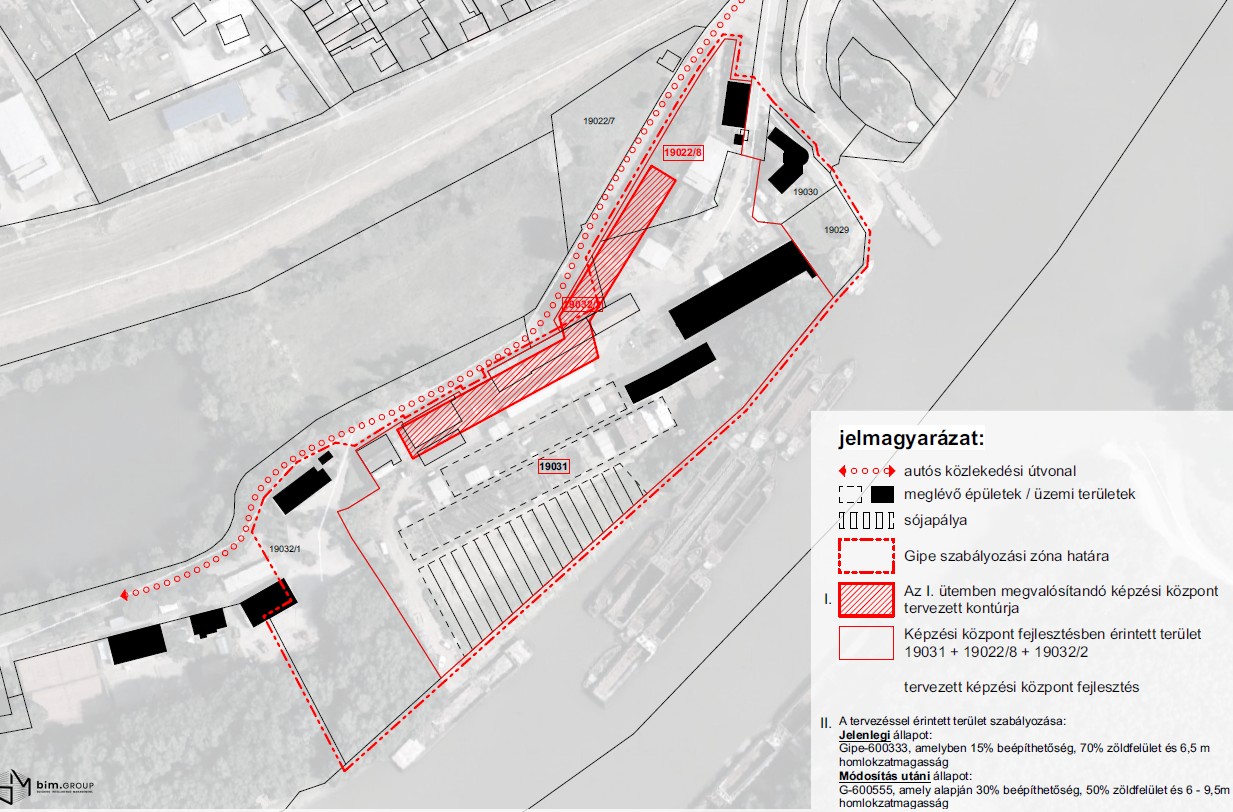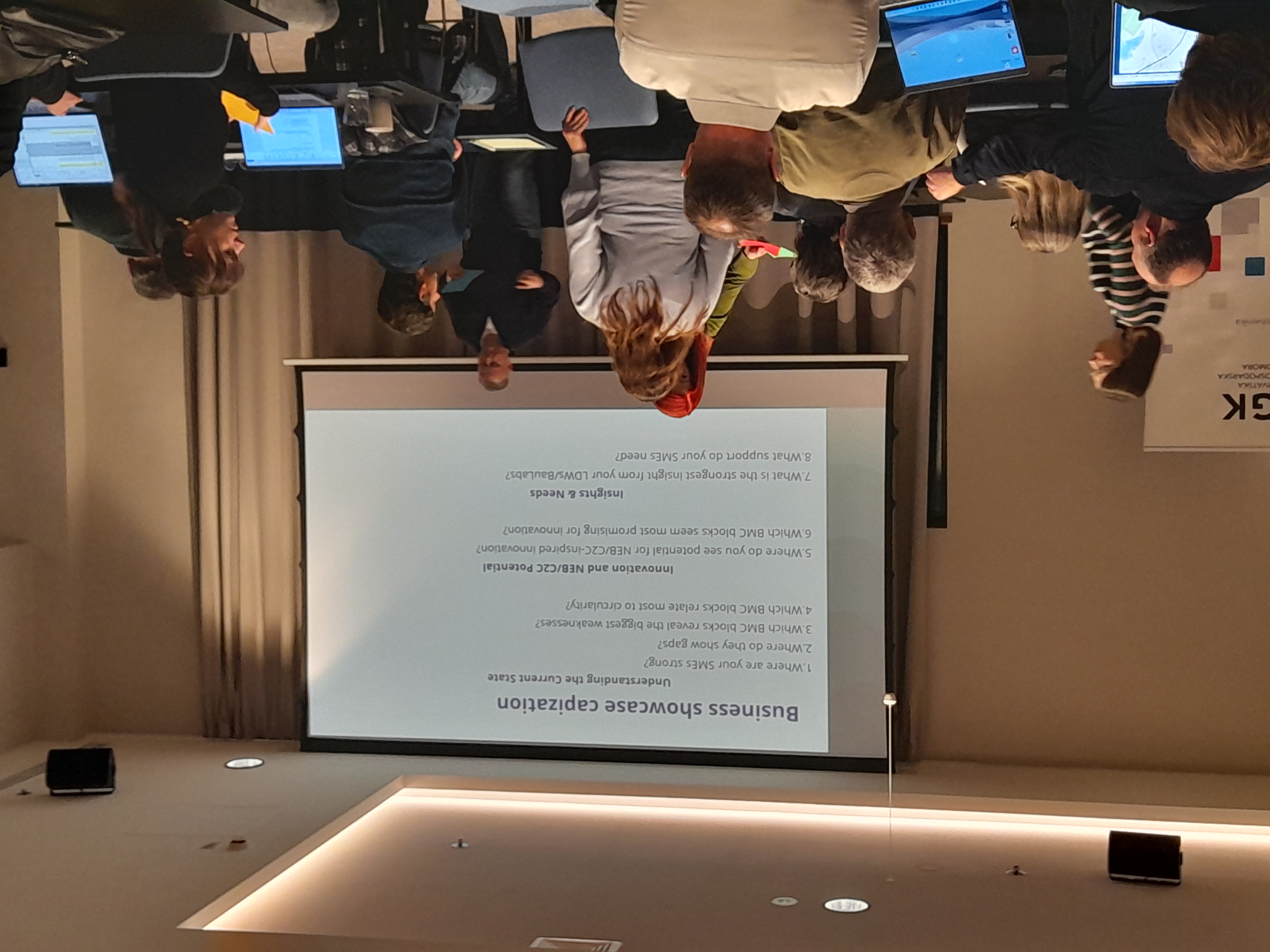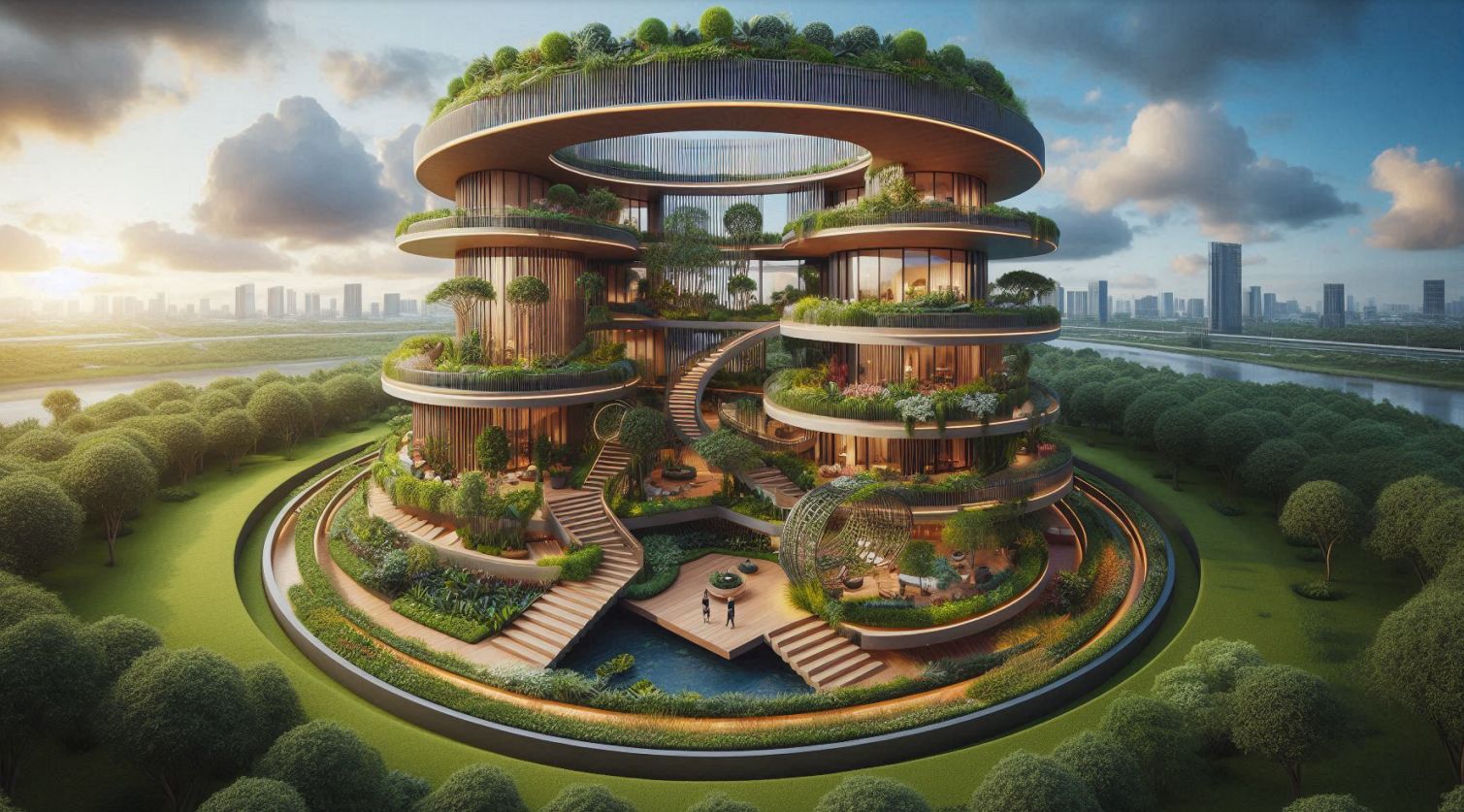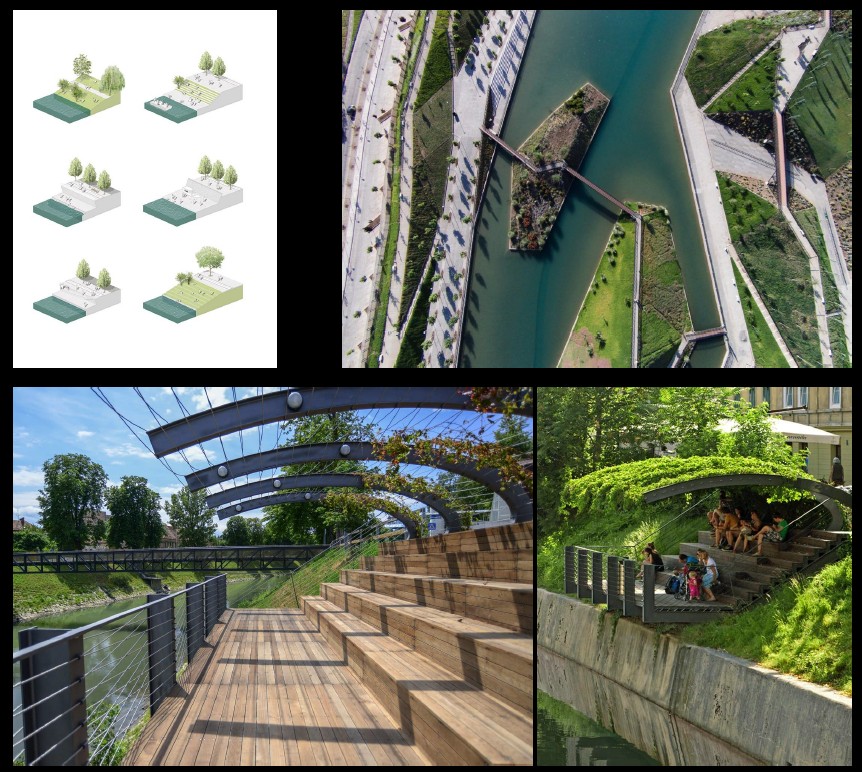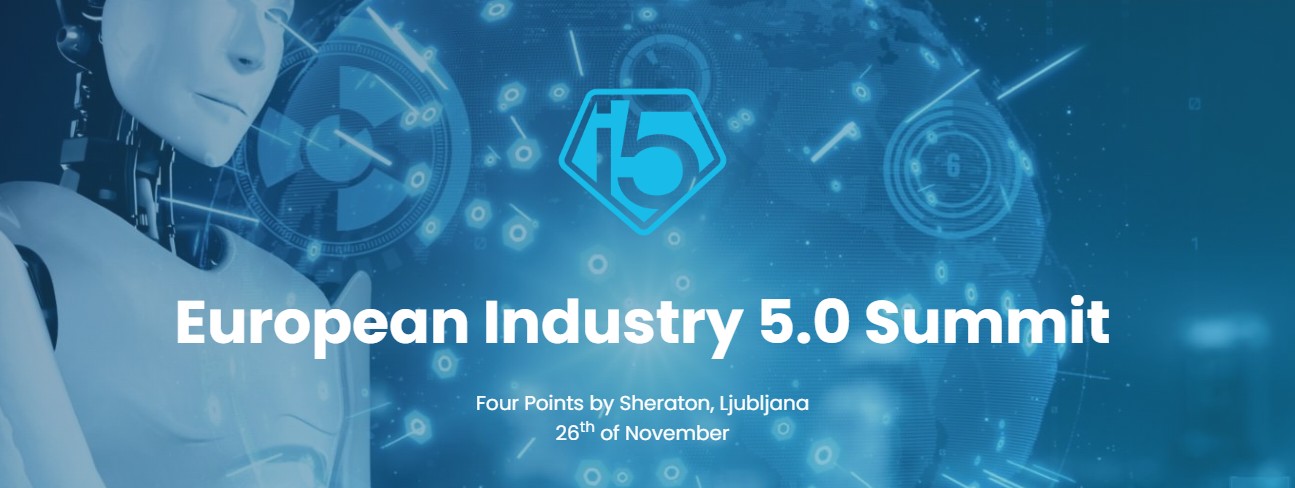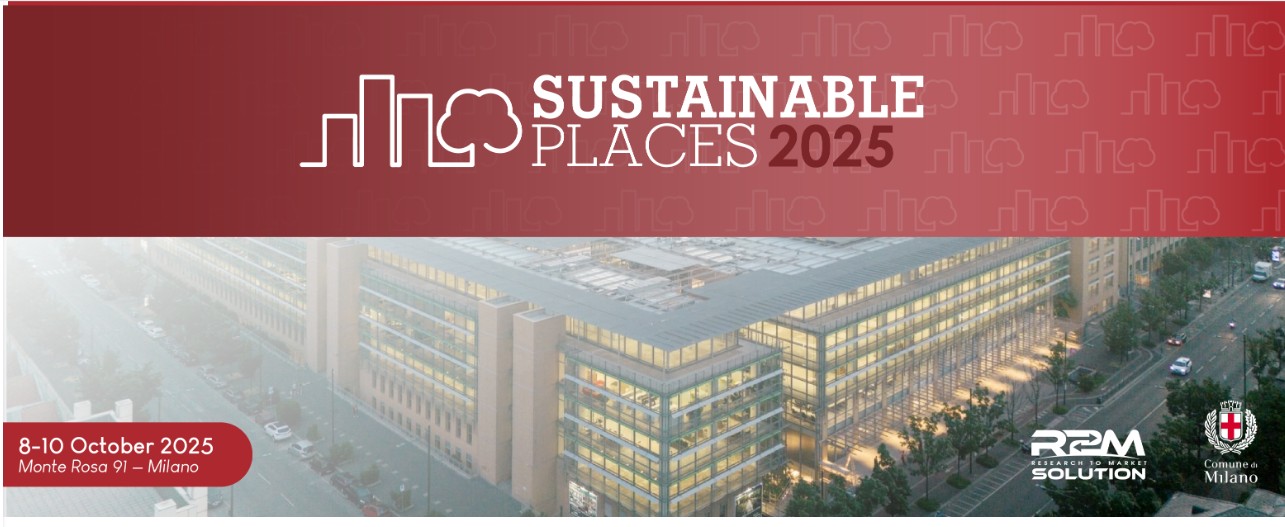
Re-valuing cross-sectoral circular solutions
This workshop explored how circular economy solutions contribute to Europe’s decarbonisation and climate neutrality goals through real world demonstrations across islands, cities, and industrial systems. It brought together eight Horizon Europe project—ReBoat, THESEUS, DeremCo, Wood2Wood, YouRban, SUM4Re, ICONIC, and STORCITO—showcasing approaches in material reuse, urban regeneration, tourism and islands, wood and composites, robotics, and community engagement. The session exchanged knowledge, explore synergies, and presented replicable solutions that help transform linear value chains into regenerative systems. Discussion also addressed policy barriers, digital and social enablers, and pathways to scaling.
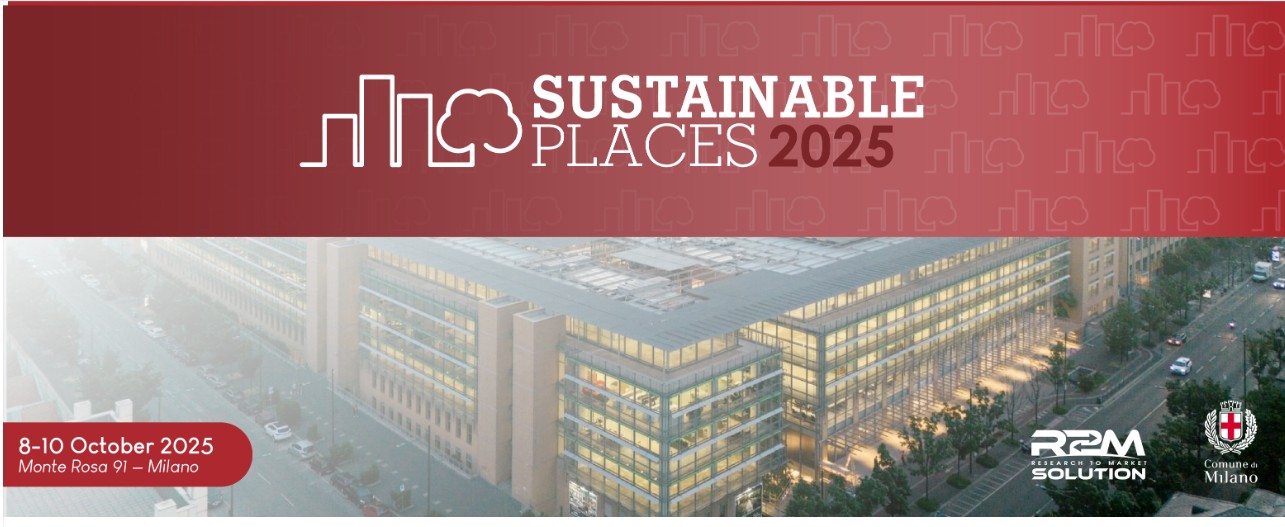
Each project offered a unique angle:
ReBoat: modular, mobile waste treatment on a boat for islands, turning waste into products while co- creating sustainable “working holiday” models.
THESEUS: Hubs for Circularity (H4Cs) in cities and regions, integrating urban planning, citizen engagement, nature based solutions, and industrial symbiosis.
DeremCo: demand-driven supply chain for composite reuse, with two reprocessing pathways, 14 SME-led pilots, and a digital platform linking waste owners, recyclers, and manufacturers.
Wood2Wood: transforms contaminated wood into products using digital tools, upcycling technologies, and life cycle assessments to support circular practices.
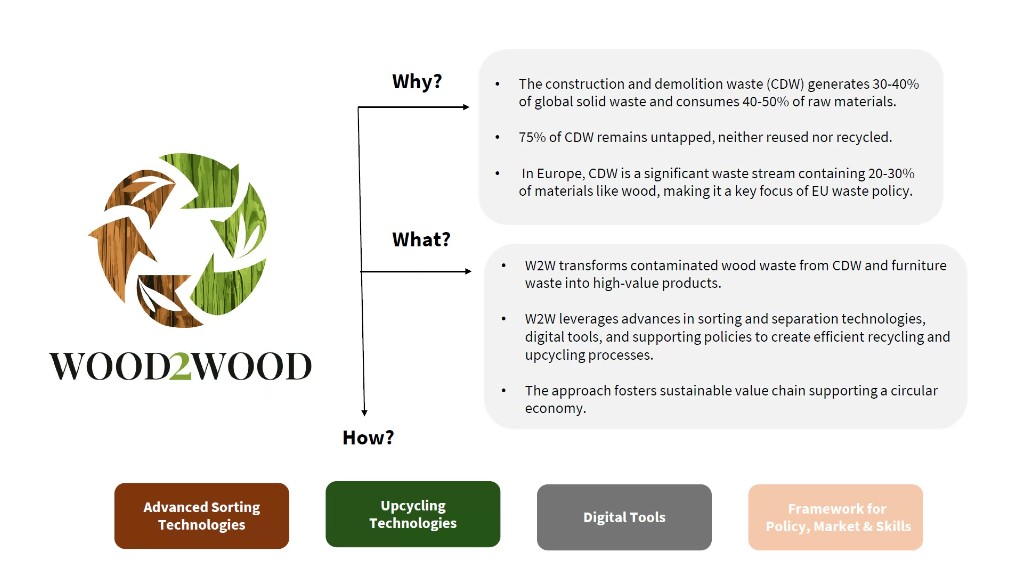
YouRban: mobile innovation plant in Milan and Barcelona, co-designing recycling and upcycling activities with citizens, especially youth and creatives.
SUM4Re: develops systemic solutions for circular and climate-resilient regions, linking material reuse, renewable energy, and sustainable value chains.
ICONIC: pilots integrated solutions for islands and rural communities, combining energy independence, circular practices, water and waste management, and sustainable mobility with strong multi-actor engagement.
STORCITO: creates nature-based and digital tools to support wildfire prevention, sustainable forest management, climate-neutral mobility, and community-based energy systems in rural Europe.
The workshop format included short pitches, a moderated panel, and interactive Q&A. The session identified common technical, governance, and social enablers for replication and investment readiness.
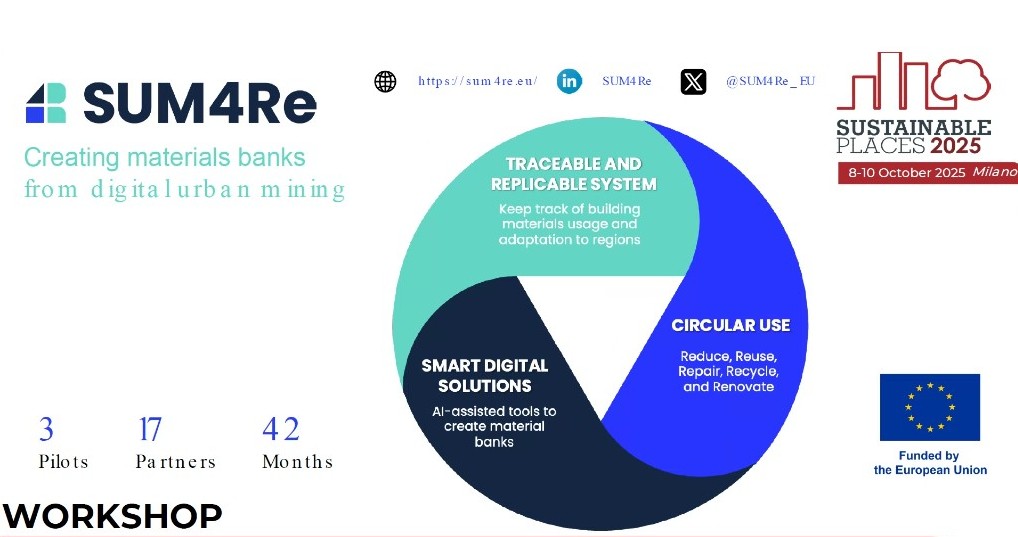
The innovation areas included:
Mobile and decentralised recycling infrastructures
Urban circular innovation ecosystems
Digital traceability for secondary materials
Participatory co-design methods linking citizens with circular action
Nature-based and community-driven climate resilience tools
This workshop highlighted how locally adapted circular solutions deliver impact on decarbonisation, resource recovery, and resilience. It showcased transferable tools, governance models, and opportunities for clustering, policy engagement, and replication across Europe.
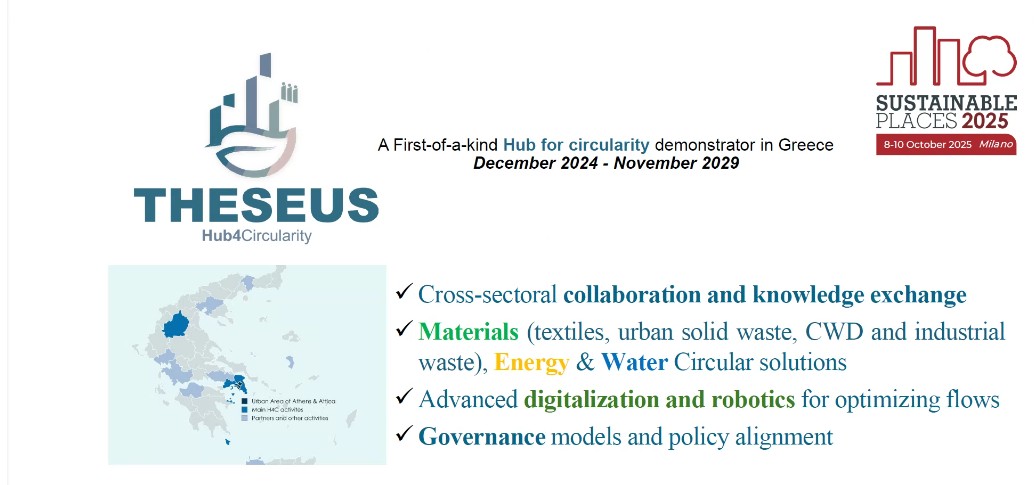
News & Events
Read the most recent updates and explore the upcoming events.


